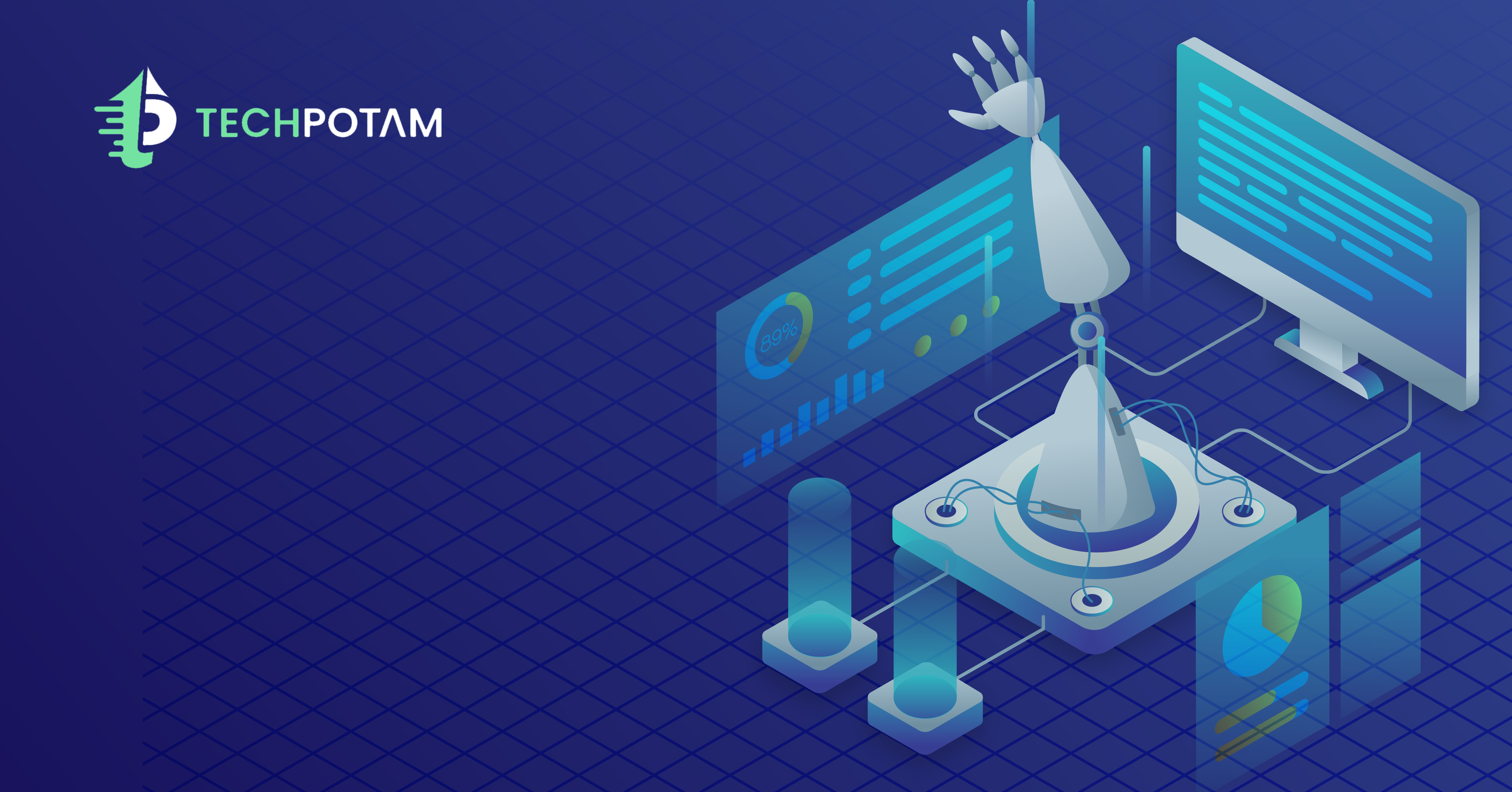Backend frameworks are essential in web development. Without these frameworks, developing and delivering web applications would take a great amount of time and resources, considerably increasing the complexity of the development process.
Backend frameworks provide developers with the tools and assistance they need to handle boring activities like server configuration, database administration, and routing, among others.
By delegating such duties to the framework, developers may focus exclusively on the web application’s business logic, resulting in a speedier development process and, ultimately, a high-quality output.
Because the frameworks are written in their own backend languages, the optimal backend framework to learn or utilize is frequently determined by the programming language employed. To choose the appropriate backend framework, first, learn which framework is currently being utilized by developers.
The following is a list of the most popular backend frameworks, as determined by the number of GitHub repositories that incorporate that framework.
1- Spring
The Spring Framework enables Java developers to create sophisticated, dynamic web applications fast. Spring is frequently described as a “framework of frameworks.” This is owing to the numerous Spring modules available for use, such as Spring Web, Spring Security, Spring Data, Spring Cache, and so on.
Spring Boot is an “opinionated” framework, which means it supports specific design patterns in order to make development inside those patterns more efficient.
In other words, Spring Boot determines the configuration settings and packages to install depending on the dependencies you declare in your project requirement. This can save time and difficulties during development.
2- Laravel
If you’ve been looking for a PHP backend framework, Laravel is one of the best options. This open-source is intended exclusively for symphony-based web apps. If you wish to focus on back-end development, Laravel is the best choice.
Laravel may be better suited for newcomers, but it is complicated when it comes to maintaining a simple or small project. It is best suited to experienced developers that wish to work on difficult projects.
3- Ruby on rails
Ruby on Rails is a web framework that allows Ruby developers to rapidly and easily construct sophisticated web applications. Ruby on Rails, sometimes known as “Rails,” employs the MVC paradigm and includes default structures for a database, a web service, and web pages.
Ruby on Rails encapsulates data and business logic in rich objects, making data modeling simple. It has a unit testing framework called RSpec, which is regarded as simple to learn and use.
4- Django
Django is an open-source Python web framework that uses the model-view-controller (MVC) architectural pattern to divide the application’s logic, display, and data. It was built in 2005 and has since become one of the most popular Python web frameworks. Django prioritizes speed, simplicity, and usability.
When compared to other web frameworks, it is simple to understand and takes less code to construct an application. Django adheres to the DRY (Don’t Repeat Yourself) concept, which enables developers to create code once and reuse it several times.
5- Cake PHP
CakePHP Cake PHP facilitates bespoke web development by offering a scaffold that may be used as a starting point for developing web applications. You may use the scaffold (code) to begin developing a web application. It adheres to the MVC design and is distributed under an MIT license.
CakePHP, the most secure backend framework, can give the standard architecture to create your web application at any level if you have hands-on expertise with the PHP backend framework.
6- ExpressJs
ExpressJS is a NodeJs-based online application framework that is quick, lightweight, and adaptable. It offers a unique set of functionality for online and mobile apps.
ExpressJS facilitates the creation of server-side web applications by allowing developers to easily construct dynamic web pages and APIs. It has a robust routing architecture, middleware support, and a plethora of HTTP utility methods for handling requests and answers.
ExpressJS allows developers to leverage third-party libraries and packages that function as plugins to arrange code and applications in a more modular manner. This speeds up the development process, makes it more efficient, and reduces the likelihood of mistakes.
7- Flask
Flask is a WSGI (Web server gateway interface) framework since it operates a web server instead of a user’s browser. Several current apps operate on Flask; the reason for this is that it allows them to construct bespoke projects that perform well.
Flask provides support for feature-adding extensions, making them look as if they were built directly into Flask. It is simple to use for any developer who is familiar with a Python-based framework. If you want to focus on server-side web development, this is the best back-end web framework.
8- NestJs
NestJs is a Node.js framework for creating efficient, scalable web applications. NestJS is built on top of ExpressJs and provides a layer of abstraction to bring ideas like controllers, providers, and modules together. NestJs supports TypeScript as well as JavaScript.
Because of NestJs’s built-in structure, developers must write the controller, service, and repository in a specified order. Its integrated features allow developers to spend less time developing code by exploiting its multiple out-of-the-box functionality and APIs.
9- ASP.NET Core
Microsoft’s ASP.NET Core is a framework for developing.NET apps. It is the next generation and the successor to ASP.NET’s Windows-only versions. ASP.NET Core is a cross-platform open-source framework that operates on macOS, Linux, and Windows.
ASP.NET Core is performance-oriented and outperforms other web frameworks such as Node.js. Side-by-side versioning is supported by the framework, allowing many apps running different versions of ASP.NET Core to coexist on a single server.
10- Phoenix
This backend framework is developed in Elixir and follows the MVC approach. Phoenix was designed to make it easier to run high-volume applications. It supports complete Cowboy server capabilities because it is built on the Plug library and the Cowboy Erlang framework.
The Phoenix framework is a very dependable web application backend architecture. It improves developer dependability and simplifies application resource management. The framework provides high concurrency, which is a process in which numerous processes execute concurrently yet independently of one another.
Collaborate with the most talented dedicated developers for web & mobile app
| Website design & development Company in USA | Hire Dedicated Developers |
| Hire Node JS Developers | Hire Mean Stack Developers |
| Hire Dedicated Mern Stack Developers | Hire dedicated Software Developers |
Conclusion
You’re one step closer to realizing your next software project’s full potential with techpotam! You’ll be able to make the best option for your needs if you understand the top backend languages and frameworks on the market today, including big names like Django, Laravel, and Ruby on Rails.
Before making a final selection, evaluate the benefits and drawbacks of each framework, as well as the features they offer. Remember to consider how you’ll host your backend application after it’s completed.
Techpotam has established in various other countries, offering business-oriented solutions. You can find us as














